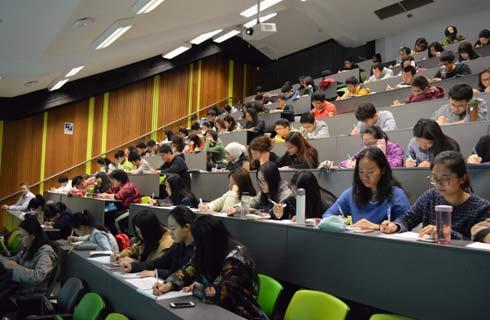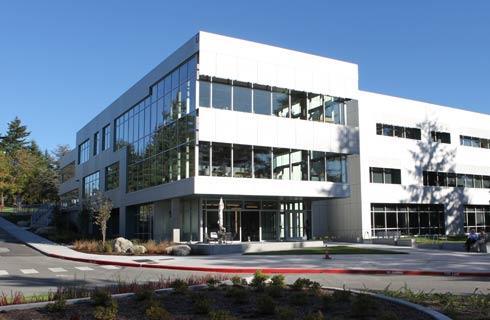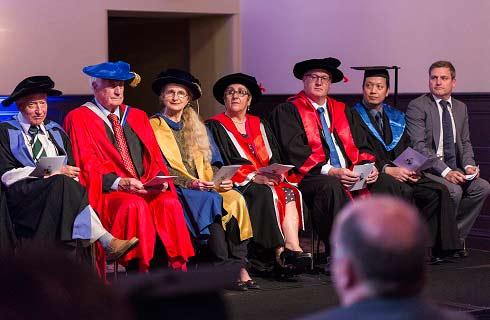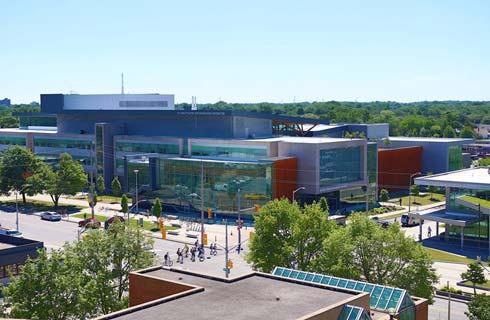Bachelor of Science in Civil Engineering - Geotechnical Engineering

学历文凭
Bachelor Degree

专业院系
Department of Civil and Environmental Engineering

开学时间

课程时长

课程学费

国际学生入学条件
IDP—雅思考试联合主办方

雅思考试总分
7.0
- 雅思总分:7
- 托福网考总分:90
- 托福笔试总分:600
- 其他语言考试:NA
CRICOS代码:
申请截止日期: 请与IDP联系 以获取详细信息。
课程简介
相关申请
 预科
预科 奖学金
奖学金 实习机会
实习机会 在校学习
在校学习 跨境学习
跨境学习 校园授课-线上开始
校园授课-线上开始 在线/远程学习
在线/远程学习
开学时间&学费
学费信息仅供参考,请与IDP联系以获取详细信息
| 开学时间 | 时长 | 学费 | 地点 |
|---|
学校排名

世界排名107
数据源:
泰晤士高等教育世界大学排名
关于弗吉尼亚大学

弗吉尼亚大学是全美国最知名公立大学之一当200多年前,美国第三任总统托马斯.杰佛逊创办UVA时,他的心愿是将学校办成一所国家级的公立大学。如今他的愿望已然实现,根据US News的排名,UVA是两所全美最好的公立大学之一。24000名学生正在12个学院追逐他们的学术梦想。UVA要求文理学院和商学院的学生在毕业之前掌握一门外语,文理学院的学生还必须参加英语写作、人文和艺术、社会科学、自然科学和数学、非西方研究和作文的课程。非常有能力的学生可以得到Echols Scholars项目的录取,这个项目给予200名顶尖的新生机会去寻求学术探索,而不需要受专业领域要求限制。
本校相关课程

Doctor of Juridical Science
学历文凭
Ph.D.
开学日期
课程费用总额


Juris Doctor
学历文凭
Juris Doctor
开学日期
课程费用总额


Juris Doctor/Master of Arts in Philosophy
学历文凭
Combined Graduate / Doctoral Degree
开学日期
课程费用总额


Juris Doctor/Master of Arts in History
学历文凭
Combined Graduate / Doctoral Degree
开学日期
课程费用总额


Juris Doctor/Master of Arts in Government
学历文凭
Combined Graduate / Doctoral Degree
开学日期
课程费用总额


Juris Doctor/Master of Arts in English
学历文凭
Combined Graduate / Doctoral Degree
开学日期
课程费用总额

其他相关课程

Master of Science in Civil Engineering - Geotechnical Engineering
南伊利诺斯大学艾德华兹维尔分校
学历文凭
Masters Degree
开学日期
课程费用总额


Master of Science in Civil Engineering - Geotechnical and Geophysical Engineering
 路易斯安那州立大学
路易斯安那州立大学学历文凭
Masters Degree
开学日期
课程费用总额


土木工程理学硕士-岩土工程
 伊利诺伊大学香槟分校
伊利诺伊大学香槟分校学历文凭
Masters Degree
开学日期
课程费用总额


Master of Science in Civil and Environmental Engineering - Geotechnical Engineering
 内华达大学雷诺分校
内华达大学雷诺分校学历文凭
Masters Degree
开学日期
课程费用总额


Doctor of Philosophy in Civil Engineering- Geotechnical Engineering
 哥伦比亚大学
哥伦比亚大学泰晤士高等教育世界大学排名:20
学历文凭
Ph.D.
开学日期
课程费用总额


地理信息工程(荣誉)学士学位
 约克大学
约克大学学历文凭
Bachelor Degree with Honours
开学日期
课程费用总额










